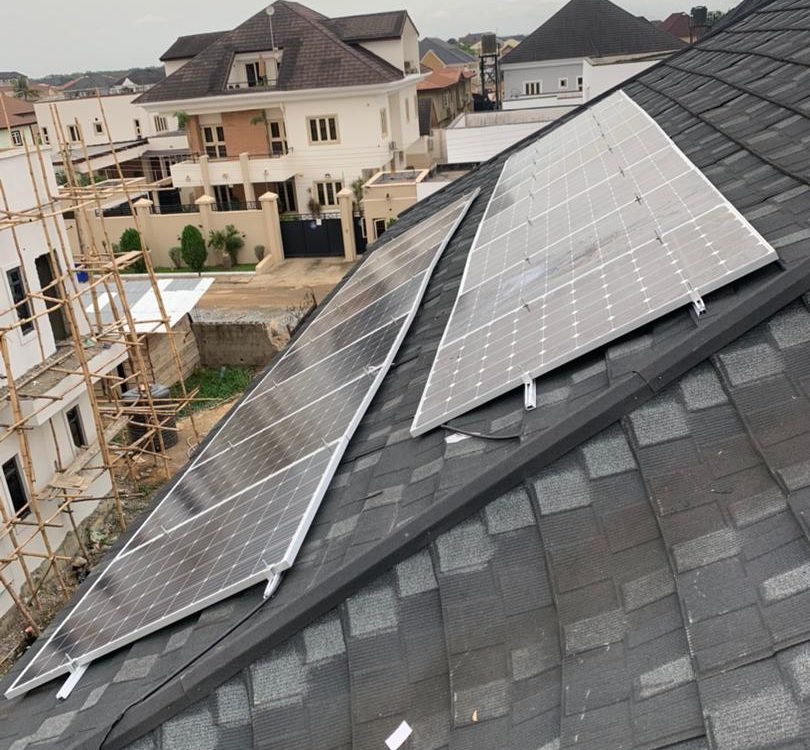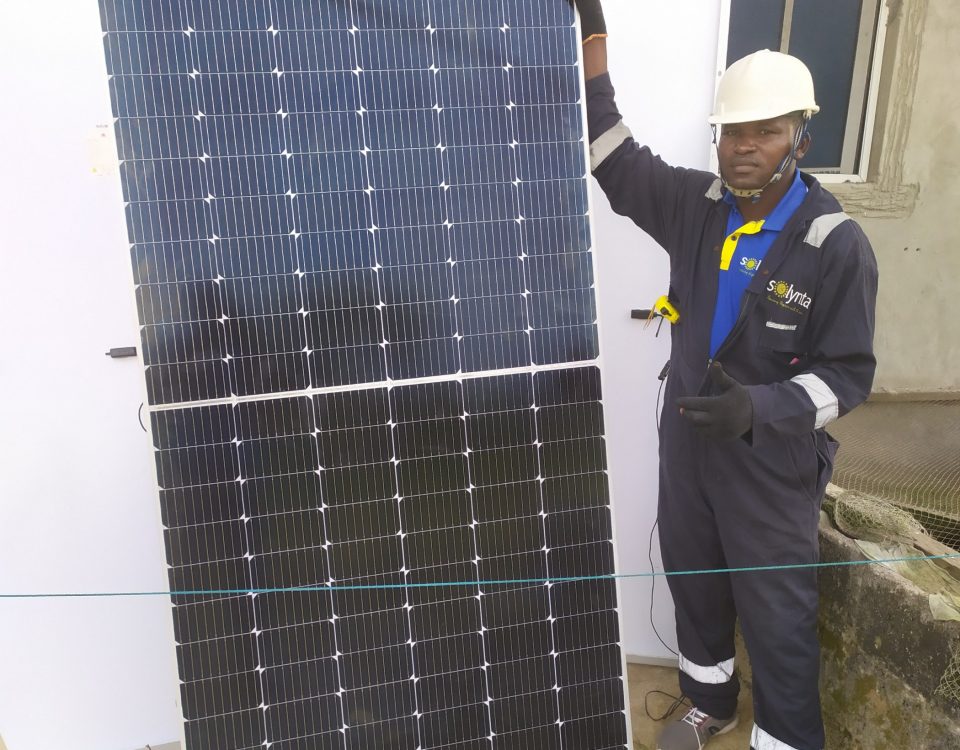Solar Energy Makes You Live Longer!

Nigeria’s Sustainable Energy Solution Lies In Solar – Patrick Pouyanne.
2019-05-07
Rural Homes and Businesses to Benefit from AFDB $200 Million Electricity Boast.
2019-05-14Did you know that in recent years 3/10 of the most air polluted cities in the world were in Nigeria? One of the primary contributors to this alarming statistic is the carbon monoxide released by 60 million generators operating each day.
Thank you for reading this post, don't forget to subscribe!These deadly fumes jeopardize our physical health and reduce life expectancy. How serious is the problem? The impact of toxic air is now officially greater than that of smoking or HIV/Aids leading the WHO’s director general, Dr. Tedros Adhanom Ghebreyesus, to classify air pollution as the “new tobacco”. This is substantiated in findings from a recent study by the American Journal of Respiratory and Critical Care Medicine.
“In Nigeria, indirect evidence of the impact of diesel exhaust on lung cancer is indicated by its rising incidence among urban-based nonsmokers less than 60 years old, most of whom use diesel generators on a daily basis,”
Nigeria is one of the highest generator importers worldwide. Generators have mushroomed in densely populated private and public spaces. This has led to disproportionate exposure to air pollution with major cities like Onitsha, Kaduna and Aba being the worst affected.
Compare this to countries like the United Kingdom where planning permission is required for a standby generator. Obtaining planning permission in a city-centre location or adjacent to residential properties is near impossible.
Nigeria’s diesel generators and ‘I-better-pass-my-neighbour’ sets are not subject to any legislation that would protect its citizens health. This had increased health problems amongst the population. Cancer and heart disease in particular are becoming more prevalent, illnesses that are not easily curable in a country ranked 187/190 in the worlds health care systems.
The health risk from generator fumes is further compounded by the associated noise pollution and stress. Loss of sleep, low concentration, impaired hearing, raised blood pressure are commonly experienced. Then there are the fatalities caused by generator related accident. Between 2008 and 2014 there were no fewer than 10,000 deaths from smoke inhalation.
So, what’s the solution? Securing a clean energy future is critical for Nigeria. A study by the Air Quality Life Index in 2018 revealed that the use of clean energy, such as solar power, can increase the average lifespan across the globe by 2 years, and the worst affected countries by up to 6 years. High risk countries can increase their life expectancy by 9 years and beyond.
Clearly operating a generator is a major risk for every Nigerian home and business, endangering our health and ultimately our lives. If we are to combat this threat to our existence we must recognise clean energy sources such as solar power, not as a luxury, but a priority for everyone.
To find out about going solar Get started




